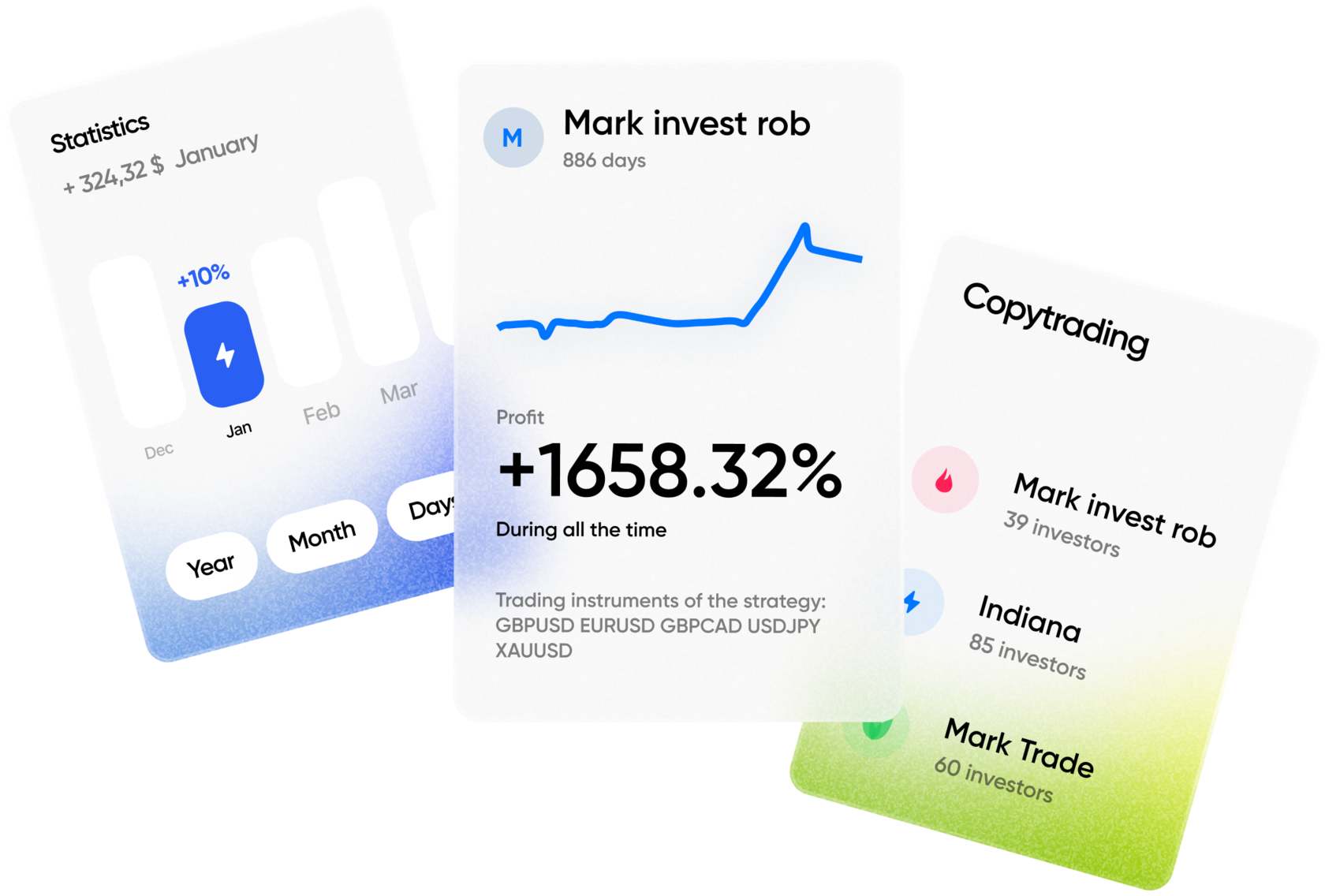On Thursday, April 3, 2025, stock markets around the world experienced a sharp decline. This drop came immediately after the enforcement of new U.S. trade tariffs. The measures, previously announced by the U.S. administration, officially came into force at midnight.
Wall Street recorded significant losses. The main indices fell by nearly 6% by the end of the trading session. The Dow Jones Industrial Average, Nasdaq Composite, and S&P 500 were all affected. Trading volumes increased as investors rushed to adjust their positions.
European markets also faced a substantial decline. Major indices, including the DAX in Germany, the CAC 40 in France, and the FTSE 100 in the UK, fell by an average of 3.57%. Financial and industrial sectors were among the hardest hit. Shares of major automotive companies dropped sharply.
Asian stock exchanges followed the downward trend. Key indices across the region recorded losses averaging 2.77%. In Japan, the Nikkei 225 fell significantly. In China, the Shanghai Composite dropped. South Korea’s KOSPI also closed lower. Markets in Hong Kong, Singapore, and Taiwan registered declines as well.
The main cause of the market turmoil was the implementation of new tariffs by the United States. A 25% tariff was introduced on all imported vehicles. This measure applies to passenger cars, commercial vehicles, and automotive parts. The announcement was confirmed by the U.S. Trade Representative’s office on Wednesday evening.
In addition, the U.S. government introduced a general import tariff of 10% on all foreign goods. However, the actual rate will be higher for some regions. For Chinese goods, the tariff will reach 34%. Imports from Vietnam will face a 46% duty. European products will be taxed at 20%. Officials said these rates were based on assessments of trade imbalances.
These new tariffs represent a major escalation in U.S. trade policy. The measures go beyond earlier expectations. Reuters reported that the scope and severity of the tariffs surprised analysts and market participants.
The announcements triggered concerns among global investors. There is a fear that affected countries may retaliate with tariffs of their own. Multiple trade officials from Asia and Europe have already stated that countermeasures are under consideration. Financial institutions are monitoring potential impacts on cross-border trade.
Garrett Melson, a strategist at Natixis Investment Managers Solutions, commented on the developments. In an interview quoted by financial news portal Investing.com, he said: “Everyone is just stunned.” According to him, the consequences could be severe for the U.S. economy. He stated that “the greatest damage will likely occur in the United States.” He also noted that this could slow global economic growth.
Major automobile manufacturers, including companies from Japan, Germany, and South Korea, issued statements expressing concern. Industry associations in Europe and Asia have called for urgent consultations. Stock prices of companies like Toyota, Volkswagen, and Hyundai saw sharp declines.
The U.S. Department of Commerce said the new trade measures are intended to protect American industries. Officials claimed the policies are necessary to reduce the trade deficit. However, several economists warned that such measures could lead to reduced consumer choice and higher prices in the U.S. market.
International organizations, including the World Trade Organization (WTO), have not yet commented. Analysts expect that formal complaints may be filed in the coming days.
Currency markets also reacted. The U.S. dollar weakened slightly against the euro and yen. Emerging market currencies declined more sharply. Commodities such as oil and copper also fell amid concerns of lower global demand.
Bond markets saw increased activity. Yields on U.S. Treasury securities dropped as investors sought safer assets. Gold prices rose as traders looked for hedges against volatility.
Global financial institutions, including the IMF and World Bank, are expected to release official responses soon. Central banks in several countries may consider interventions if market instability continues.
The situation remains fluid, and markets are expected to remain volatile in the coming days.







